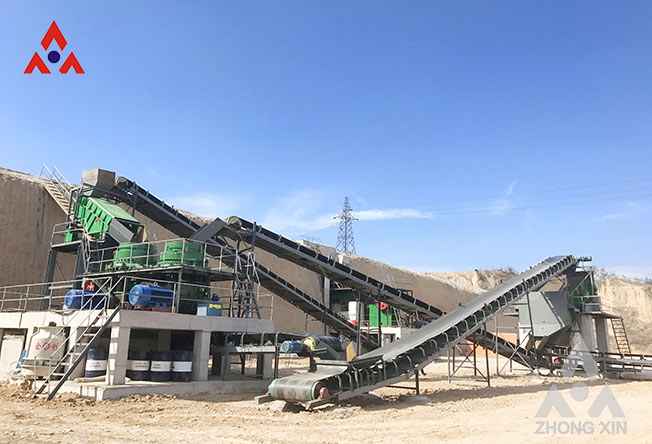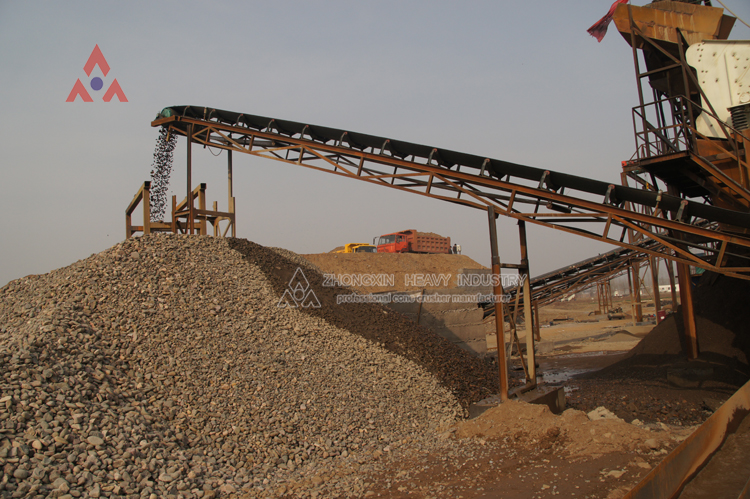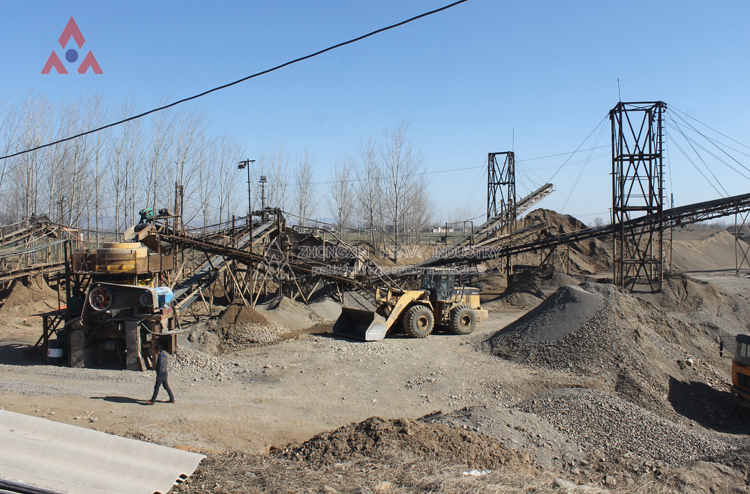2024-06-24 16:24:29
To choose a suitable stone crusher, you need to consider the following key factors:

1. Production demand
First, clarify your production scale, that is, the amount of stone that needs to be processed per hour or day. Consider the particle size requirements of the crushed stone and whether further screening is required.
2. Material characteristics
Analyze the physical properties of the stone, such as hardness, moisture, and wear resistance, and choose the appropriate crushing method and equipment. Consider the chemical composition and impurity content of the stone to avoid corrosion or damage to the equipment.
3. Equipment type
Choose the appropriate equipment type according to production needs, such as jaw crusher, cone crusher, impact crusher, etc. Jaw crusher is suitable for coarse crushing, cone crusher and impact crusher are suitable for medium and fine crushing.
4. Equipment *
Pay attention to the * indicators of the equipment, such as crushing efficiency, energy consumption, noise, and dust emission. Choose low-consumption and high-yield equipment to reduce production costs and reduce environmental pollution.
5. Equipment quality
Choose equipment from big *s with quality assurance to ensure the stability and reliability of the equipment. Pay attention to the manufacturing process and materials of the equipment to avoid equipment failure caused by inferior materials or processes.
6. After-sales service
Choose a supplier with after-sales service to ensure that problems with the equipment can be solved in time during use. Consider factors such as the equipment's maintenance cycle, maintenance cost, and spare parts supply.
7. Cost budget
Choose appropriate equipment according to your budget to avoid blindly pursuing high-end equipment that leads to excessive costs. Comprehensively consider factors such as the price, *, and quality of the equipment and choose equipment with high cost *.
8. On-site inspection
Before purchasing, it is * to conduct an on-site inspection at the equipment manufacturer or supplier to understand the actual operation of the equipment, production environment, etc. You can have technical exchanges with the manufacturer or supplier to understand the technical details and advantages of the equipment.

 WhatsApp
WhatsApp Wechat
Wechat





 WhatsApp
WhatsApp Wechat
Wechat